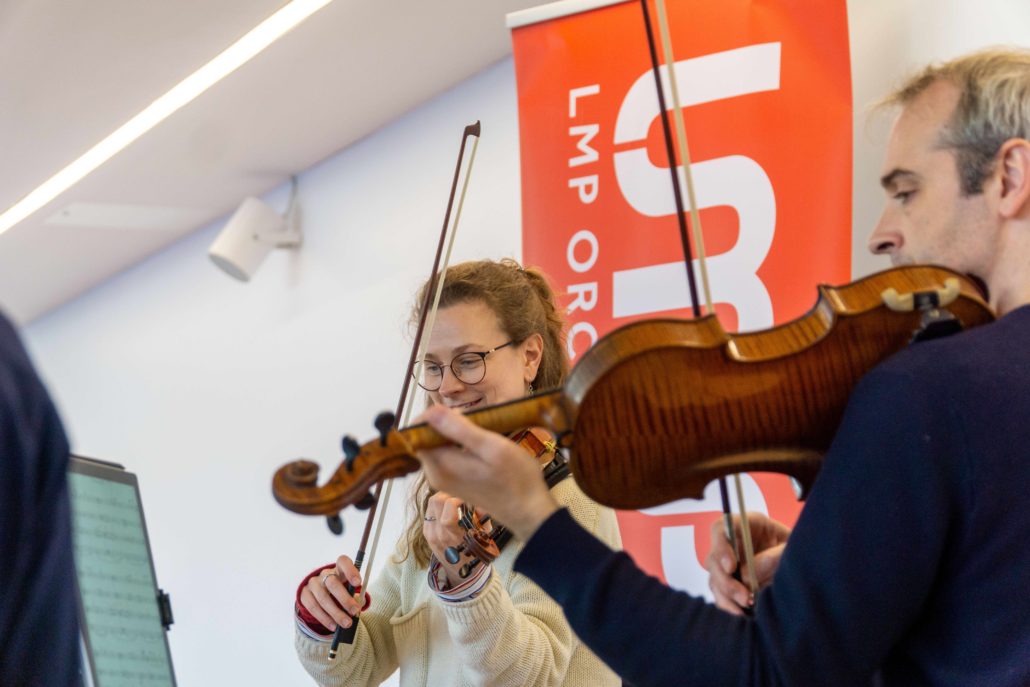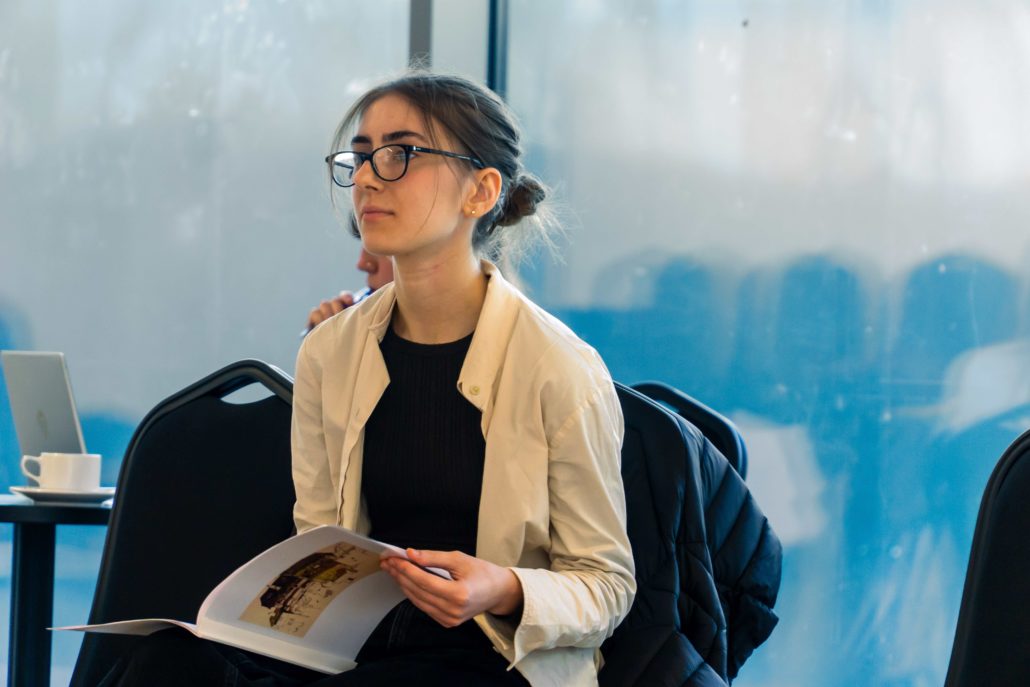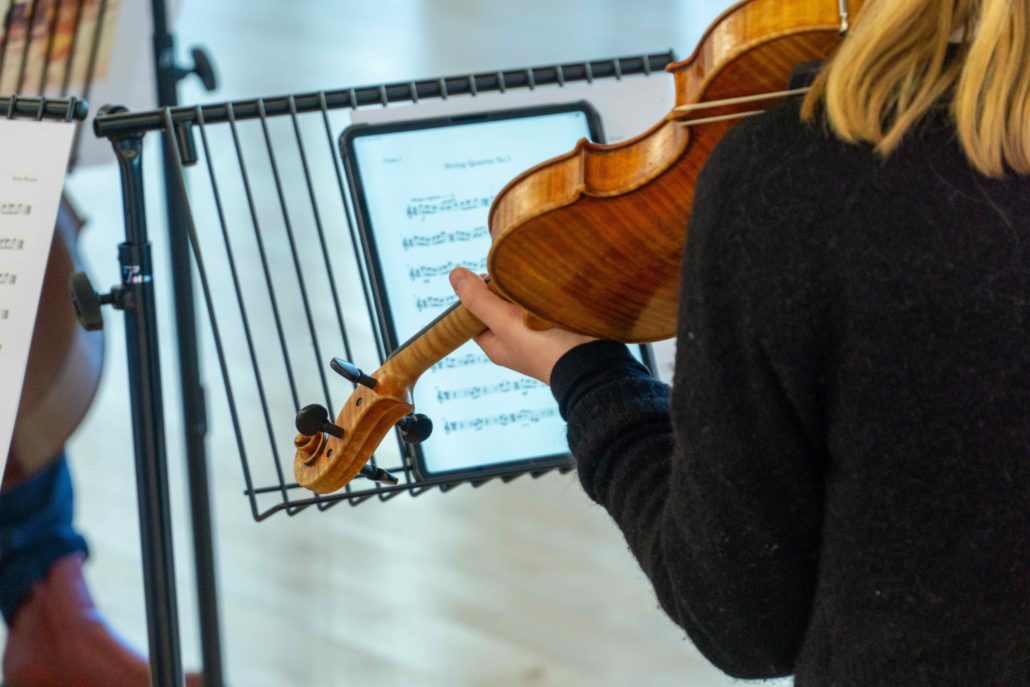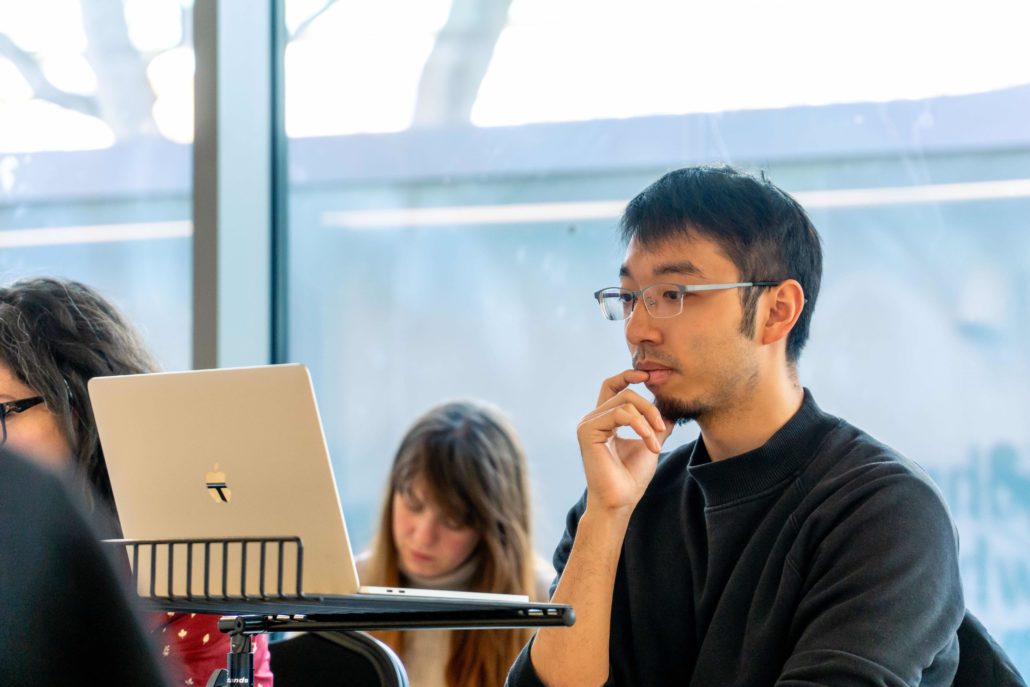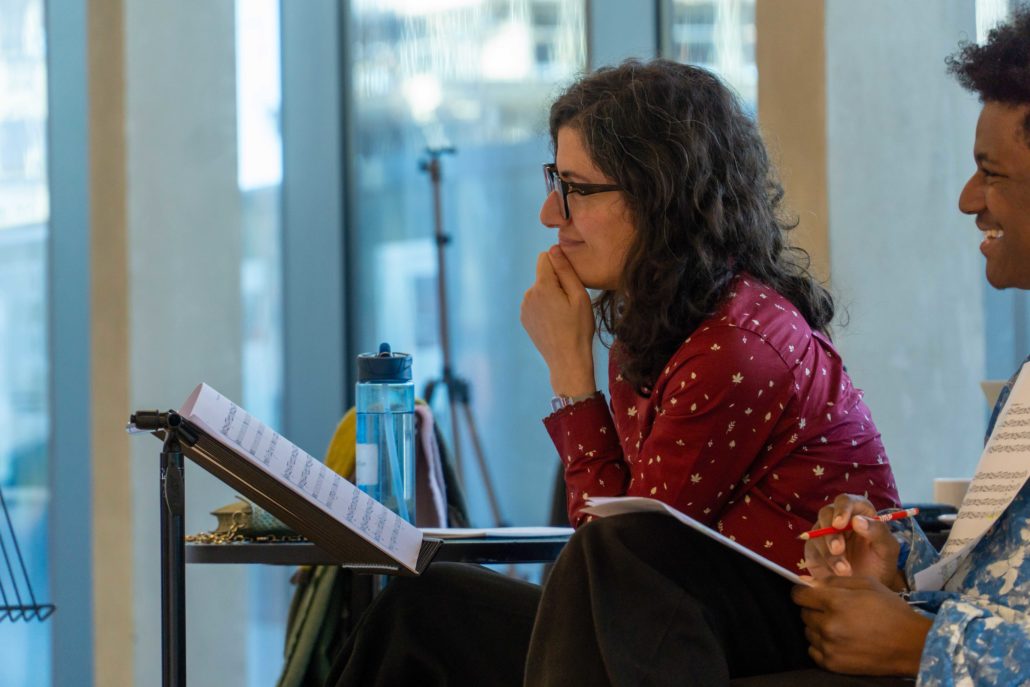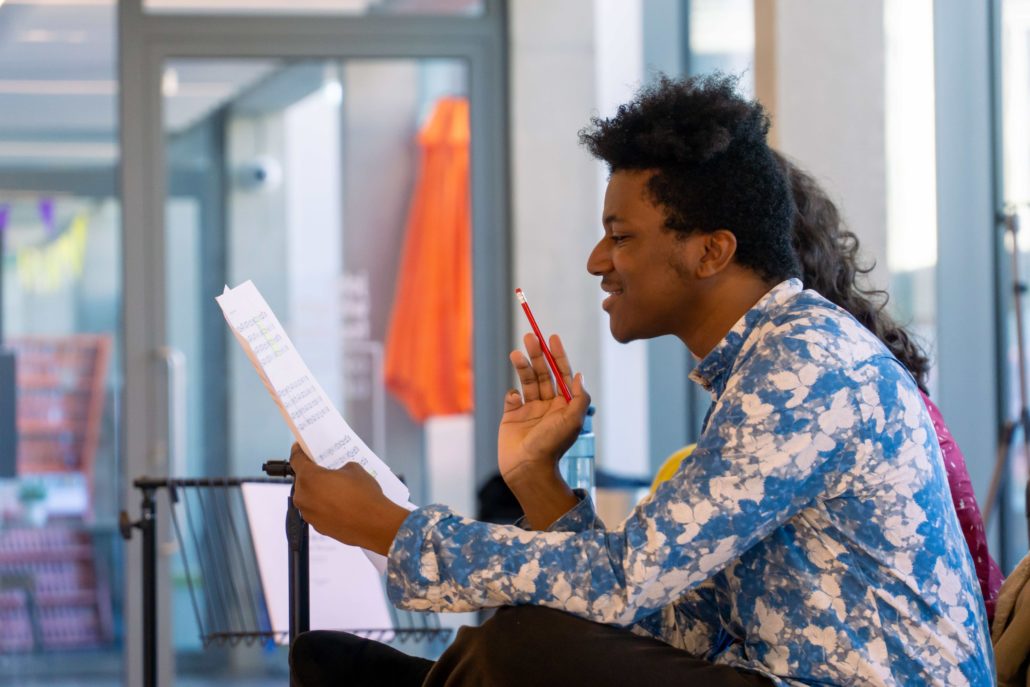The Samuel Coleridge-Taylor Prize was created to support young composers from underrepresented backgrounds, as part of our commitment to enable more young people to embark on a career within the classical music industry.
Why we created the Prize
Research shows that people from poorer backgrounds are far less likely to engage with the arts, and the same is true for people of global majority heritage. Equally, those who are disabled, come from a lower socioeconomic group or don’t have higher level qualification are less likely to participate.
- Less than 1% of performers in UK orchestras are from global majority backgrounds (‘When the Music Dies’, Jo Yee Cheung, Royal Northern College of Music and Independent Society of Musicians)
- Less than 44% of new graduates at a leading music conservatoire attended state schools (‘When the Music Dies’)
- 80% of Disabled people surveyed find music-making a positive experience, but only 61% know how and where to access financial support to make it viable (‘Reshape Music’, Youth Music)
- The attainment gap between disadvantaged and non-disadvantaged pupils in music GCSE is 20 months, meaning their performance is 20 months being their peers. This is the highest gap of any subject. (‘Education in England’, Education Policy Institute)
Samuel Coleridge-Prize 23/24
We opened up the Prize to composers aged under 30 from London and the South East who fulfilled at least one of the following self-identifying criteria:
- Come from a global majority background
- Have been eligible for free school meals or from a working class background
- Identify as neurodivergent/ASD/ADHD
- Have a physical disability or long-term limiting illness
- Have a learning disability such as (but not limited to) dyslexia or dyspraxia
All Applicants were asked to submit a 5-minute piece suitable for a string quartet. The piece could be new, or a previously created original work of the composer. The format of the entry consisted of an audio file along with a score, which could take the form of a graphic or text score.
We shortlisted three applicants (Ryan Morgan, Laila Arafah and Arthur Po Hang Yuen) who were given the opportunity to workshop their piece with support from leading composer Bushra El-Turk and four LMP players. The composers had the opportunity to work with our players, hearing their work played by professional musicians and experimenting with different techniques to develop their writing style.
Ryan was selected as the winner and had his piece performed by LMP as part of our season. He also received one to one mentoring and a £1000 bursary to spend on career development.
The impact
Ryan, the winner of the 23/24 Prize, is a 24 year old Croydon-based composer who submitted a piece he wrote when we was 17. He’d struggled for time and capacity to write more string quartet pieces and his undergraduate degree had been mostly during covid, which curtailed opportunities to work with performers live. Before entering the competition, Ryan had only heard his winning piece performed by sixth form students.
After working with Bushra in his private mentoring sessions, Ryan says his ‘business brain has switched on.’ As a result of winning the prize, he’ll be spending part of his prize fund on a website to promote his practice and work and new microphones to record an EP album of works featuring his composition and singing.
Since entering the prize, Ryan has had new opportunities, including a commission with Birmingham Opera Company and says his experience with LMP has positively influences how he has worked with musicians since. As a result of winning, Ryan now has greater confidence to apply for other competitions, awards and commissions.

